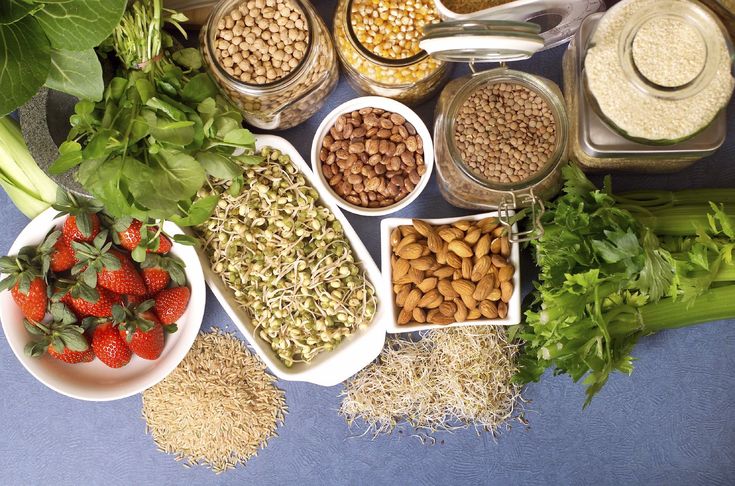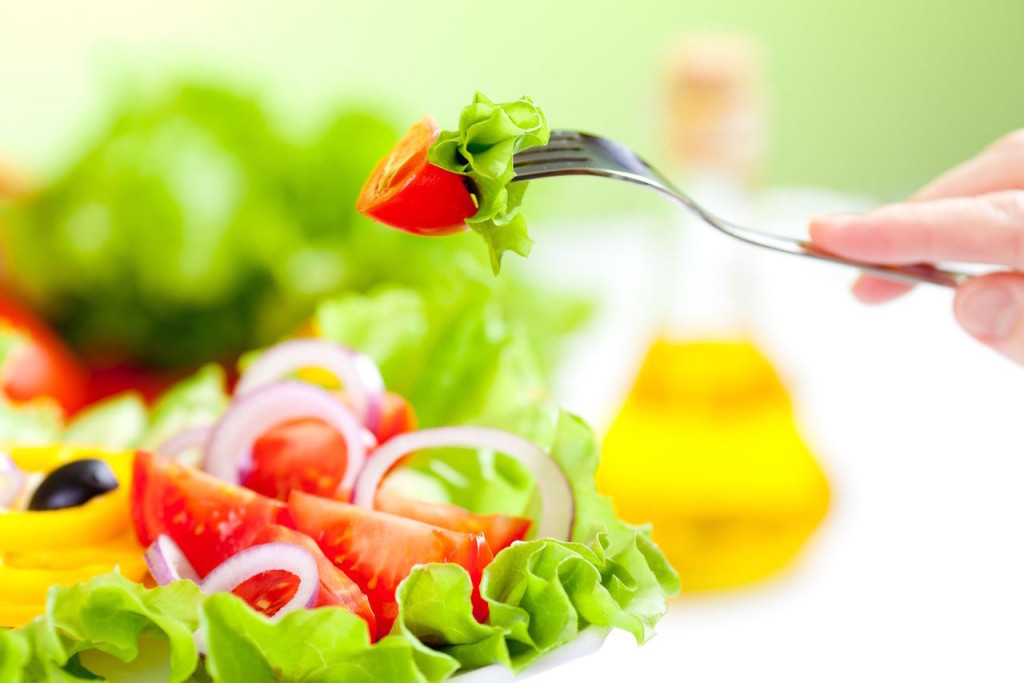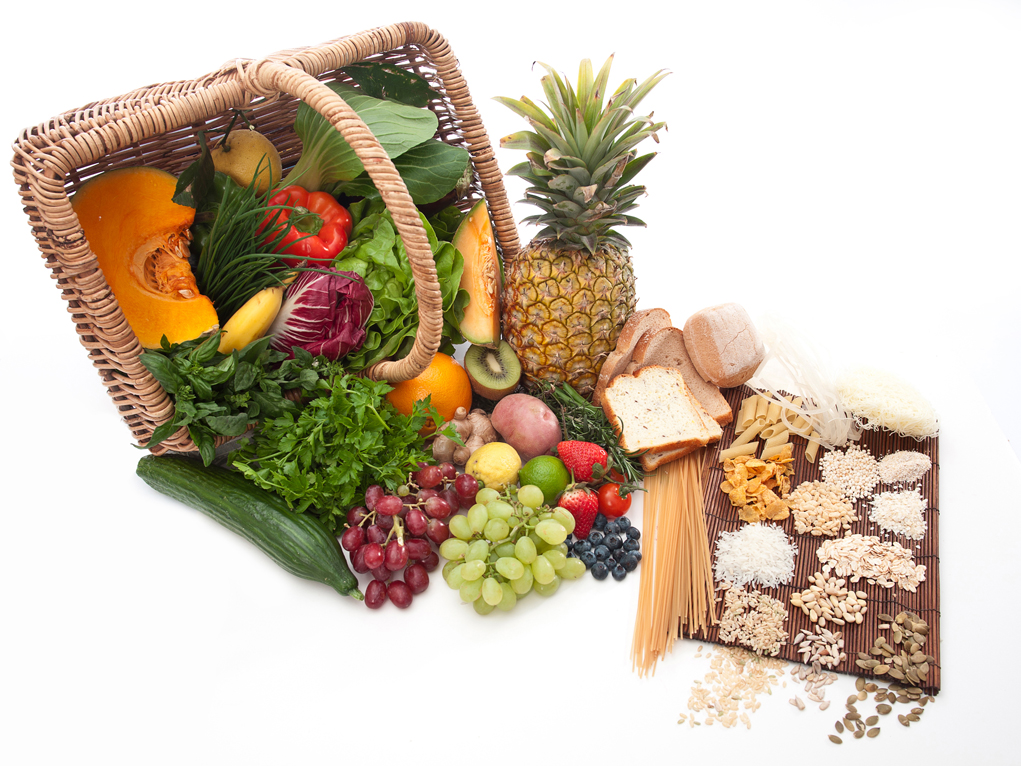IBS or Irritable Bowel Syndrome is a chronic disorder that affects your colon (large intestine). It is a fairly common condition that needs long term management. Common symptoms include abdominal pain, cramping, bloating, diarrhea and constipation. Some people also experience severe symptoms such as weight loss and bleeding from the rectum. One way to manage these symptoms is diet change.
Irritable Bowel Syndrome Diet
There is no cure for IBS, but your symptoms can be controlled by modifying your diet. The first thing to do is to record your daily food intake in a journal to help you find which foods trigger your symptoms. Discuss the inputs in your food diary with your doctor who may recommend an appropriate diet for you. Here are some options to consider:
1. High-Fiber/Low-Fiber Diet
 Discussing dietary fiber intake can be confusing because some people who have IBS benefit from increasing their intake of high fiber foods, while others experience worsening of symptoms.
Discussing dietary fiber intake can be confusing because some people who have IBS benefit from increasing their intake of high fiber foods, while others experience worsening of symptoms.
Before including fiber in your irritable bowel syndrome diet, first you must learn to distinguish between soluble and insoluble fiber. Generally, it is best to reduce your intake of insoluble fiber to control symptoms, but you may increase your soluble fiber intake.
Insoluble fiber does not dissolve in water and is not easily broken down by the body. You must take less of this fiber to prevent diarrhea. Foods that contain lots of insoluble fiber include:
- Pith and pips of fruit and vegetable
- Wheat
- Bran
- Corn
- Nuts
- Whole grains
Soluble fiber is readily broken down and dissolved in water. It softens your stools and may help improve constipation. Foods that are high in soluble fiber which can be included in your irritable bowel syndrome diet include:
- Barley
- Oats
- Psyllium
- Ispaghula
- Nuts/seeds
- Fruits and vegetables
- Beans/pulses
- Whole grains
Although soluble fiber may help improve symptoms, it may also cause gas and bloating. Introduce high fiber foods gradually into your diet to allow your body to get used to the extra fiber.
2. Low-Fat Diet
 Reducing fat in the diet can help control symptoms of diarrhoea.
Reducing fat in the diet can help control symptoms of diarrhoea.
- Limit your intake of biscuits, cakes, pies and pastries.
- Avoid eating too much fatty meat products like sausages.
- Choose low-fat dairy products such as cottage cheese, low-fat yoghurt, skimmed milk.
- Use tomato-based sauces, not creamy sauces.
- Eat small amounts (matchbox size) of cheese.
- Use small portions of dressings such as mayonnaise or sauces. Try using reduced-fat forms.
- Take off the skin and choose lean cuts of meat.
- Use minimal amounts of oil/butter for cooking.
- Try boiling, steaming, microwaving, grilling, roasting, and poaching rather than frying.
3. Low FODMAP Diet
 A low FODMAP diet helps improve IBS symptoms. FODMAP (Fermentable, Oligo, Di, Mono-saccharides and Polyols) are short-chain carbohydrates that are not well absorbed in the small intestine. These are sugars that easily ferment in the gut and cause gas, bloating and diarrhea. Reduce your intake of fermentable sugars to reduce IBS symptoms. To plan a low FODMAP diet, consult a dietician.
A low FODMAP diet helps improve IBS symptoms. FODMAP (Fermentable, Oligo, Di, Mono-saccharides and Polyols) are short-chain carbohydrates that are not well absorbed in the small intestine. These are sugars that easily ferment in the gut and cause gas, bloating and diarrhea. Reduce your intake of fermentable sugars to reduce IBS symptoms. To plan a low FODMAP diet, consult a dietician.
More Tips for Irritable Bowel Syndrome
Besides irritable bowel syndrome diet, here are more ways to control the condition.
1. Avoid Problem Foods
Don't eat foods that make your symptoms worse. These may include chocolate, alcohol, coffee, sodas, dairy products, and sugar-free sweeteners. Foods that might produce more gas include beans, cauliflower, cabbage, and broccoli. Avoid chewing gum, or drinking with a straw.
2. Eat at Regular Times
Avoid skipping meals. Try to eat at regular hours, same time each day to regulate your bowel function. Eating small, frequent meals helps reduce diarrhea. Sit down, take time eating your meals, and chew your food well. Avoid eating late at night.
3. Be Cautious with Dairy Products
If you are lactose intolerant, take yogurt instead of milk. Consume small amounts of milk or combine it with other foods to help reduce symptoms. Some people may need to stop taking dairy foods completely, so it is best to get enough B vitamins, calcium, and protein from other sources.
4. Take Plenty of Liquids
Try to drink at least 8 cups of water or other fluids daily, such as herbal teas. If you are suffering from diarrhea, be sure to replace lost fluids. Drinking enough water also helps improve constipation.
5. Use Probiotics
Probiotics are foods that contain good bacteria which may help improve IBS symptoms. Probiotics help balance gut bacteria, thus creating a healthier environment in the gut. This helps with digestion and improves symptoms of bloating and diarrhea. Probiotic products include yogurt, beverages and some dietary supplements in the form of capsules, tablets, or powder.
6. Exercise Regularly
Regular exercise helps reduce stress and depression and stimulates normal contraction of the intestines, which help you feel better. If you have been inactive, gradually increase your activity and time for exercise. However, if you have medical problems, ask your doctor for advice before starting any exercise program. Try simple exercises such as swimming, walking, or cycling. If you have difficulty finding time for exercise, incorporate it into your daily activities. For example, you can try cycling to work and using the steps instead of elevators when possible.
